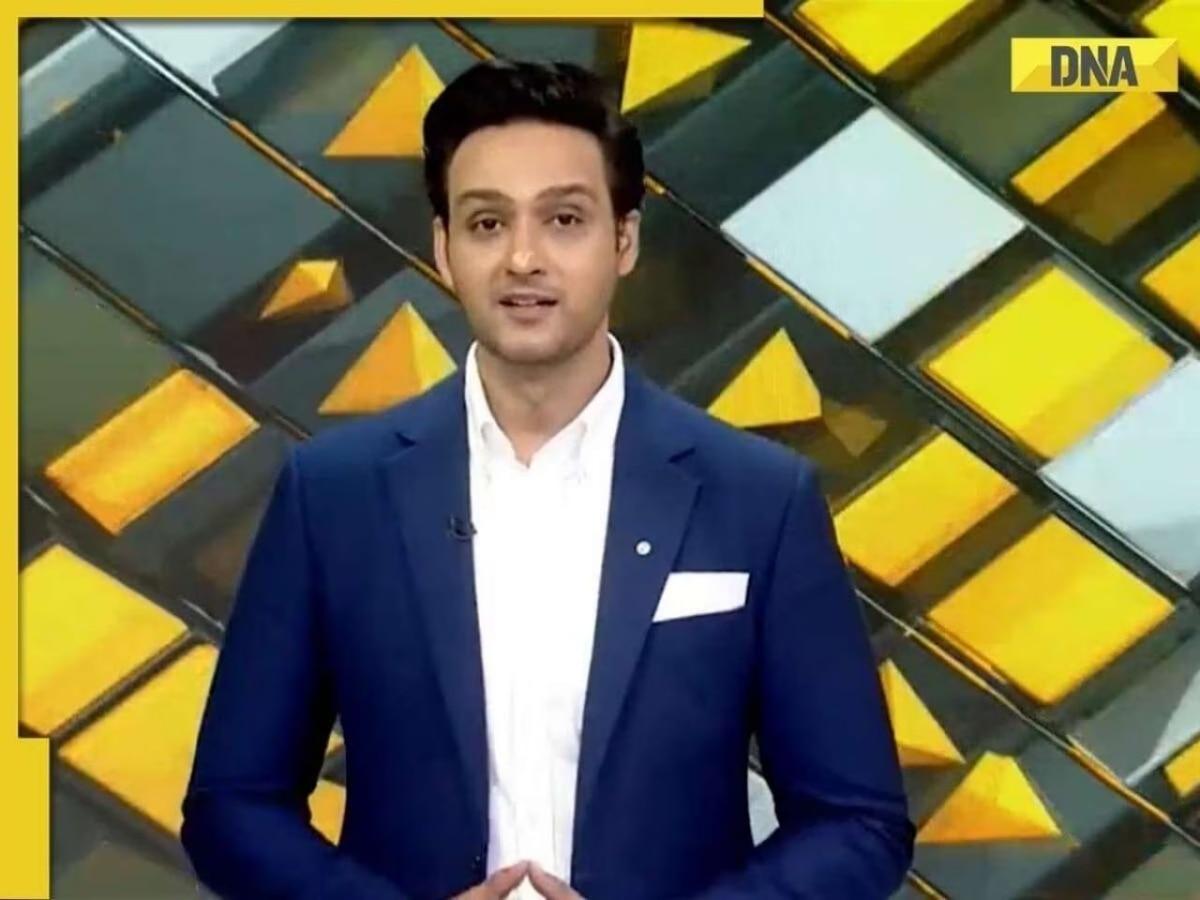
A video featuring Union Home Minister Amit Shah asserting that the BJP will do away with ‘unconstitutional reservations’ for Scheduled Castes (SC), Scheduled Tribes (ST), and Other Backward Classes (OBC) has been making the rounds on social media amid the ongoing Lok Sabha elections. However, extensive research has revealed that the video was doctored and circulated with the intent to spread false information, stirring significant controversy and debate among the public and political circles.
The video, uploaded to various social media platforms by multiple accounts, including some official Congress accounts, shows Shah purportedly stating that the BJP’s agenda includes abolishing SC/ST reservation quotas. The Congress supporters’ claims have sparked outrage, with BJP officials vehemently denying the allegations and accusing the opposition of disseminating misleading content that could foment societal unrest.
As the Lok Sabha elections for 2024 intensify, the issue of fake news and deepfake technology has become a central topic of discussion. ZEE News anchor Sourabh Raaj Jain delved into the potential threats posed by advanced technology to the democratic processes in the digital era, using this incident as a focal point.
On April 28 at 6:42 AM, the altered video was first shared on the social networking site X, capturing significant attention and rapidly going viral. The caption accompanying the video quoted Amit Shah saying, “We will end SC-ST and OBC reservation: Home Minister Amit Shah,” further inflaming the situation on social media platforms and generating widespread conversation.
Responding swiftly to the viral video, the Delhi Police registered a case on Sunday to investigate the origins and intent behind the doctored footage. This move came as the Ministry of Home Affairs (MHA) filed a formal complaint, seeking urgent action against those responsible for propagating the manipulated video. The Ministry’s complaint underscores the grave implications of such misinformation, which can potentially destabilize social harmony and influence electoral outcomes.
Prime Minister Narendra Modi also addressed the controversy, condemning political rivals for circulating what he termed a ‘tampered’ video of the Union Home Minister. Speaking at an election rally in Maharashtra’s Satara, PM Modi characterized the dissemination of the fake video as a desperate attempt by the opposition, motivated by the fear of losing the elections.
. He urged the electorate not to be swayed by fake news propagated through such manipulated content, emphasizing the importance of vigilance in guarding against misinformation.
The controversy surrounding this deepfake video has ignited a broader conversation regarding the ethical dimensions and the potential dangers of advanced digital technologies. The capability to create and disseminate highly realistic yet entirely fabricated videos poses a significant threat to the integrity of democratic practices and the trust of the public in political communications.
Experts argue that combating the rise of deepfakes necessitates a multifaceted approach. This includes tighter regulations governing social media platforms, advanced detection technologies to identify fake content swiftly, and heightened public awareness to recognize and critically evaluate digital information.
The Home Minister’s alleged remarks in the fake video have particularly concerned marginalized communities who rely on the affirmative action policies mentioned. Scheduled Castes, Scheduled Tribes, and Other Backward Classes constitute a significant voter base in India, and any perceived political agenda to abolish reservation quotas can lead to considerable disquiet and insecurity among these groups.
Political analysts suggest that this incident could have far-reaching implications on the upcoming elections, given the sensitivity surrounding reservation policies. This could also reflect on the ethical responsibilities of political entities and their conduct during election campaigns.
In response to the episode, both the BJP and Congress urged their followers and all citizens to verify information before accepting it as truth and disseminating it further. The incident has highlighted the urgent need for robust fact-checking mechanisms and accountability in political communication, especially in the volatile environment of electioneering.
As investigations continue, the case of the doctored Amit Shah video stands as a stark reminder of the potential for emerging technologies to be weaponized for disinformation. It underscores the pressing need for concerted efforts across government, society, and technology sectors to safeguard the truth and maintain the sanctity of democratic discourse in the digital age.












